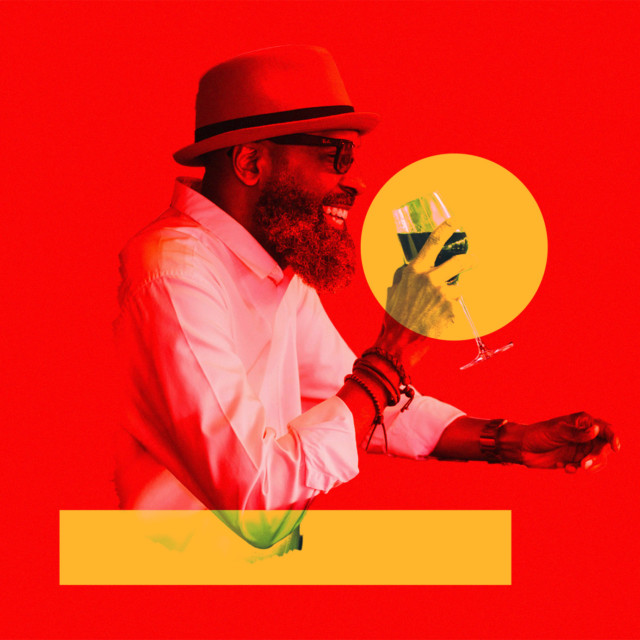Growing up in Houston, I knew Juneteenth was a day to be celebrated. There was always a parade, various neighborhoods coming together to celebrate, and elders having conversations with younger generations on what the day meant. It was a holiday as important as the other summer holidays, to the community I lived in. I didn’t realize until moving away that most people outside of the South had never heard of it, or why the celebrations were poignant.
Juneteenth originated in Galveston, Texas, and is a celebration of the emancipation of enslaved people in the United States. June 19, 1865 is the date freedom from slavery in Texas was recognized, two years after the Emancipation Proclamation was signed.
Although California was considered a “free state” prior to the Emancipation Proclamation, slavery was, indeed, sanctioned there well into the 1850s, when white southerners left the South with their slaves and headed west during the Gold Rush. California today accounts for almost 90 percent of American wine production, and its wine country has benefitted and prospered from slavery. It is therefore imperative that producers, growers, and consumers in California and beyond show their continued support of a more diverse wine industry.
After the murder of George Floyd in 2020 and the new civil rights and social justice movements born out of this harrowing time, every industry was forced to come to terms with its role in racism in the United States. One of the takeaways of that time was that many American people still don’t know about the Juneteenth holiday. There have since been multiple petitions to make Juneteenth a national holiday on Change.org — one of which has over 1.6 million signatures. Such wide support has paid off; just in time for this year’s celebration, President Biden signed a bill to make Juneteenth the first new federal holiday since Martin Luther King Jr. Day in 1983.
On June 2, 2020, countless companies and individuals posted images of black squares on their Instagram accounts in support of the Black Lives Matter movement. And the wine industry was no exception, with prominent wineries like Gallo, Gary Farrell, Domaine Roy, and more participating in this movement.
One year later, the question is: Have things changed at these companies since then? Wineries such as Jackson Family Wines are training their staffs on bias and diversity, equity, and inclusion (DEI); Adelsheim Vineyard is actively recruiting BIPOC individuals to join its harvest teams as paid interns; and Skurnik Wines is working with Black Wine Professionals — an organization born from this new civil rights and social justice movement — to help find new candidates to work in its sales division. Meanwhile, Gallo has been at the forefront of DEI in the industry for years.
Despite such progress, the wine world still has far to go. In my speeches and interviews on the intersection of race, wine, and language, I’ve explained that the industry has taken great strides to change its image and work toward change at its core. It needs to make sure people are set up for success, given guidance, feedback, the ability to grow, and tools to thrive. But it’s hard to change an image steeped in white supremacy and colonization.
As a founder of Black Wine Professionals, I see firsthand how the industry has stepped up. The outreach of jobs, mentorship, scholarship, and the like is exciting. It’s also scary, as some responses of solidarity still feel performative. Though there are now more organizations to represent diversity in the industry, we all still need the continued support of white wine drinkers and professionals.
When the time comes for companies to work on their fiscal calendars each year, it is imperative that they invest funds in initiatives working toward increasing diversity in wine. Those unsure of where to start should review the Diversity in Wine Leadership Forum and all its organizations that need continued support, including Diversity in Wine & Spirits, Industry Sessions, and The Veraison Project, to name a few.
How do we keep the momentum going as the world opens its doors after the global pandemic, and all around us are thoughts of “getting back to normal?” “Normal” wasn’t good for the many BIPOC wine industry professionals facing racism, microaggressions, and lack of career advancement prior to the pandemic.
In order for the momentum to continue, the wine industry at large must acknowledge that the “new normal” is a lifelong commitment to ending racism and white supremacy. The work doesn’t stop just because the world is opening up. The work is only getting started. In an industry that has been slow to adapt to change and to the newer, younger, and non-white wine consumers, it’s time to look at the bigger picture. According to the U.S. Census, “Between 2016 and 2060, the non-Hispanic White population is expected to contract by about 19 million people, from 198 million to 179 million, even as the total U.S. population grows.” Therefore, soon enough, the wine consumer will look completely different from what it looks like today.
The meaning and purpose of Juneteenth is rooted in joy, liberation, and celebration — black square or no square. As we celebrate this holiday and continue to learn and grow our social consciousness, the best way to honor this day is a continued commitment to do the work, both personal and professional. The wine industry must keep its foot on the DEI gas, not just on Juneteenth but every single day. Remembering and celebrating the liberation of Black slaves is vital for all Americans, because there is no U.S. history without Black history.
